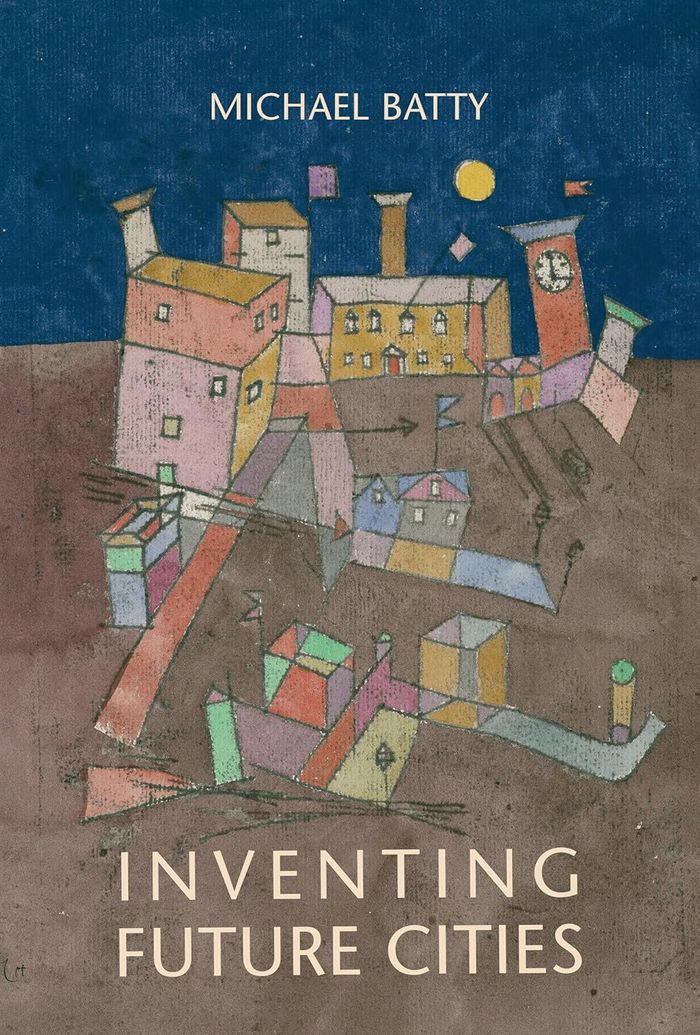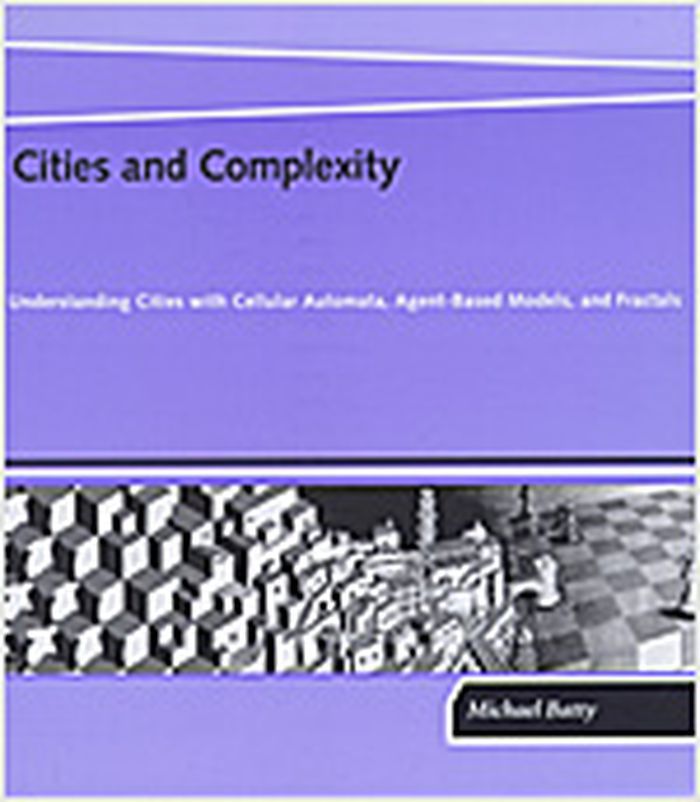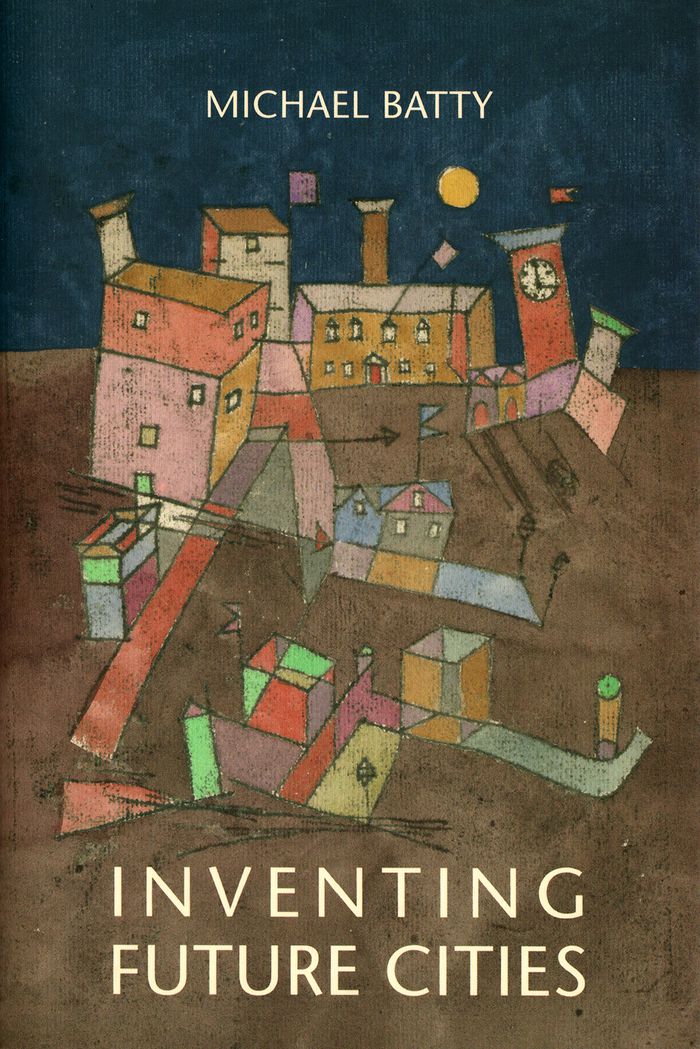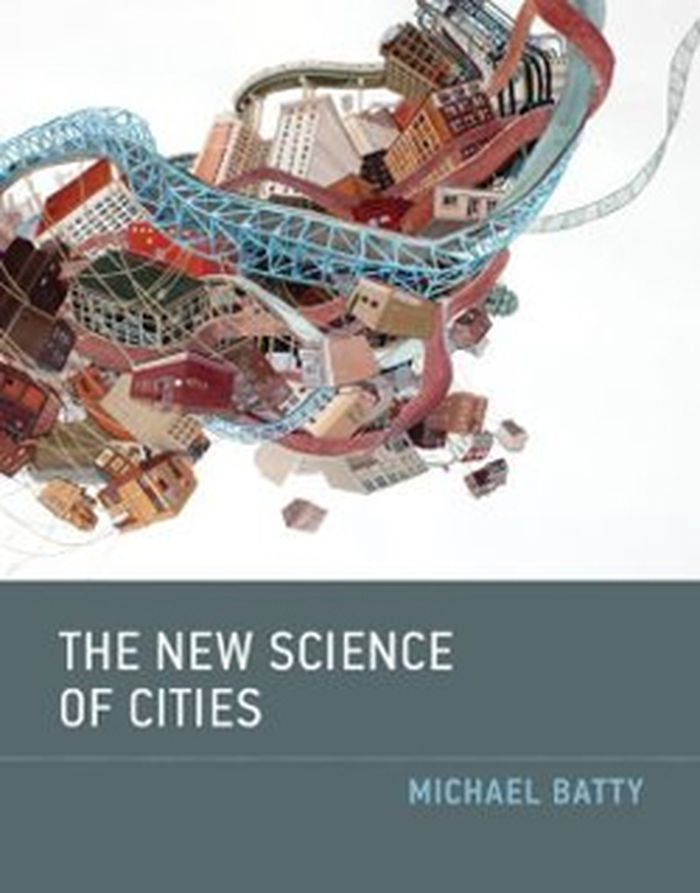Inventing future cities
$35.95
(disponible sur commande)
Résumé:
We cannot predict future cities, but we can invent them. Cities are largely unpredictable because they are complex systems that are more like organisms than machines. Neither the laws of economics nor the laws of mechanics apply; cities are the product of countless individual and collective decisions that do not conform to any grand plan. They are the product of our(...)
Inventing future cities
Actions:
Prix:
$35.95
(disponible sur commande)
Résumé:
We cannot predict future cities, but we can invent them. Cities are largely unpredictable because they are complex systems that are more like organisms than machines. Neither the laws of economics nor the laws of mechanics apply; cities are the product of countless individual and collective decisions that do not conform to any grand plan. They are the product of our inventions; they evolve. In Inventing Future Cities, Michael Batty explores what we need to understand about cities in order to invent their future. Batty outlines certain themes—principles—that apply to all cities. He investigates not the invention of artifacts but inventive processes. Today form is becoming ever more divorced from function; information networks now shape the traditional functions of cities as places of exchange and innovation. By the end of this century, most of the world's population will live in cities, large or small, sometimes contiguous, and always connected; in an urbanized world, it will be increasingly difficult to define a city by its physical boundaries.
Théorie de l’urbanisme
$75.00
(disponible sur commande)
Résumé:
In "Cities and complexity", Michael Batty offers a comprehensive view of urban dynamics in the context of complexity theory, presenting models that demonstrate how complexity theory can embrace a myriad of processes and elements that combine into organic wholes. He argues that bottom-up processes -- in which the outcomes are always uncertain -- can combine with new forms(...)
Cities and complexity : understanding cities with cellular automata, agent-based models, and fractals
Actions:
Prix:
$75.00
(disponible sur commande)
Résumé:
In "Cities and complexity", Michael Batty offers a comprehensive view of urban dynamics in the context of complexity theory, presenting models that demonstrate how complexity theory can embrace a myriad of processes and elements that combine into organic wholes. He argues that bottom-up processes -- in which the outcomes are always uncertain -- can combine with new forms of geometry associated with fractal patterns and chaotic dynamics to provide theories that are applicable to highly complex systems such as cities. Batty begins with models based on cellular automata (CA), simulating urban dynamics through the local actions of automata. He then introduces agent-based models (ABM), in which agents are mobile and move between locations. These models relate to many scales, from the scale of the street to patterns and structure at the scale of the urban region. Finally, Batty develops applications of all these models to specific urban situations, discussing concepts of criticality, threshold, surprise, novelty, and phase transition in the context of spatial developments. Every theory and model presented in the book is developed through examples that range from the simplified and hypothetical to the actual. Deploying extensive visual, mathematical, and textual material, "Cities and complexity" will be read both by urban researchers and by complexity theorists with an interest in new kinds of computational models.
Théorie de l’urbanisme
Inventing future cities
$39.95
(disponible sur commande)
Résumé:
In ''Inventing Future Cities'', Michael Batty explores what we need to understand about cities in order to invent their future. Batty outlines certain themes- principles- that apply to all cities. He investigates not the invention of artifacts but inventive processes. Today form is becoming ever more divorced from function; information networks now shape the traditional(...)
Inventing future cities
Actions:
Prix:
$39.95
(disponible sur commande)
Résumé:
In ''Inventing Future Cities'', Michael Batty explores what we need to understand about cities in order to invent their future. Batty outlines certain themes- principles- that apply to all cities. He investigates not the invention of artifacts but inventive processes. Today form is becoming ever more divorced from function; information networks now shape the traditional functions of cities as places of exchange and innovation. By the end of this century, most of the world's population will live in cities, large or small, sometimes contiguous, and always connected; in an urbanized world, it will be increasingly difficult to define a city by its physical boundaries.
Théorie de l’urbanisme
The new science of cities
$51.95
(disponible sur commande)
Résumé:
Batty presents the foundations of a new science of cities, defining flows and their networks and introducing tools that can be applied to understanding different aspects of city structure. He examines the size of cities, their internal order, the transport routes that define them, and the locations that fix these networks. He introduces methods of simulation that range(...)
The new science of cities
Actions:
Prix:
$51.95
(disponible sur commande)
Résumé:
Batty presents the foundations of a new science of cities, defining flows and their networks and introducing tools that can be applied to understanding different aspects of city structure. He examines the size of cities, their internal order, the transport routes that define them, and the locations that fix these networks. He introduces methods of simulation that range from simple stochastic models to bottom-up evolutionary models to aggregate land-use transportation models.
Théorie de l’urbanisme



